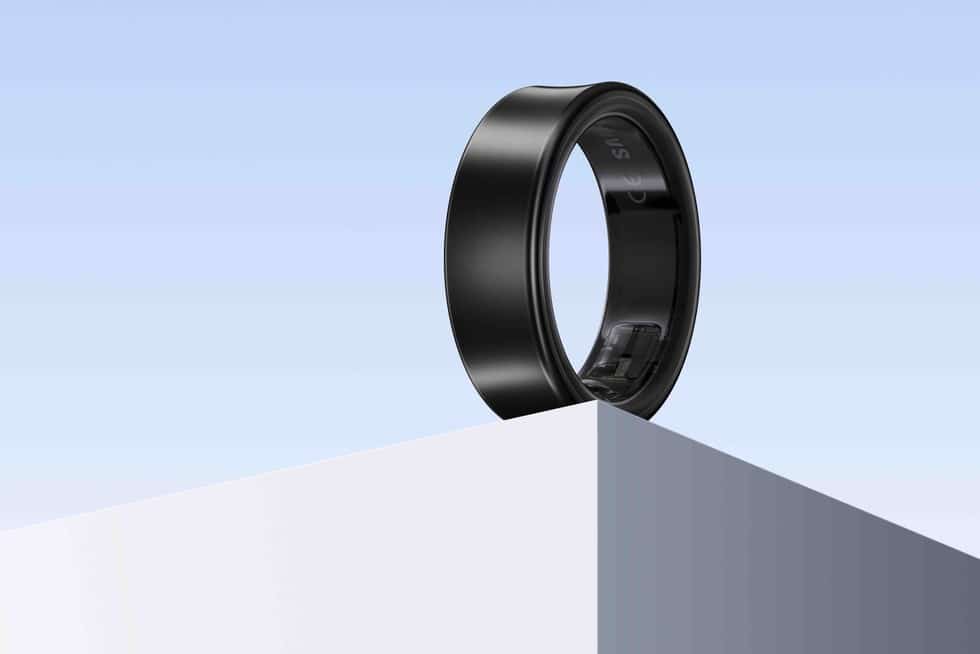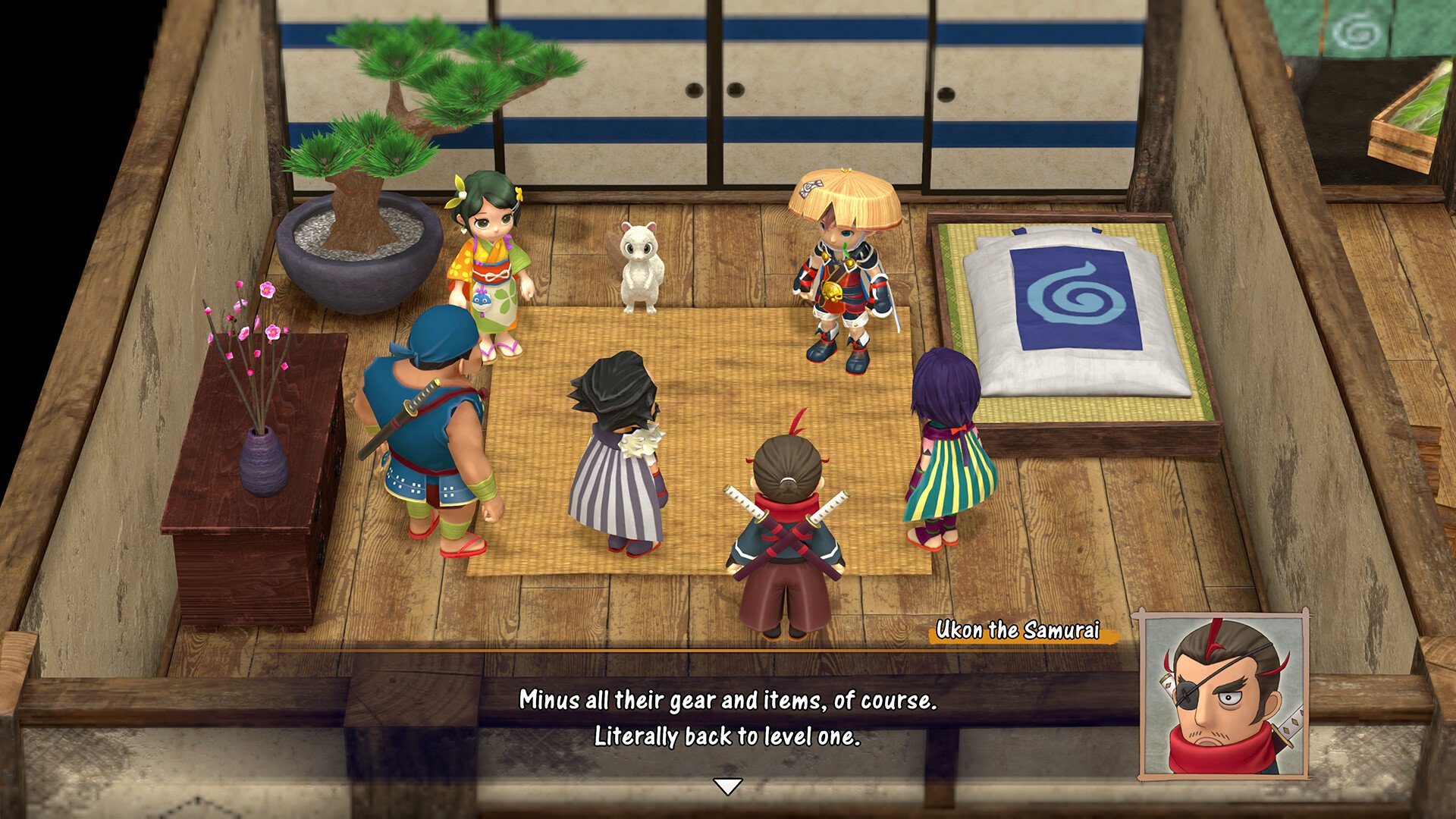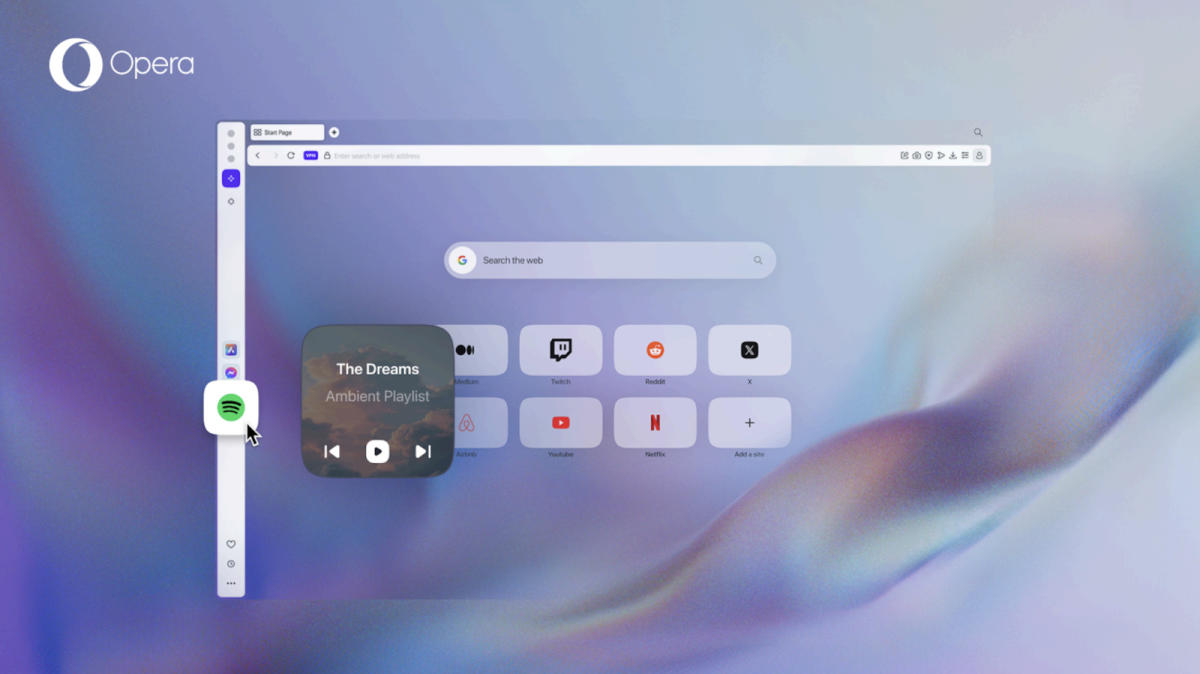Honda debuted its RC-E at the 2011 Tokyo Motor Show as one vehicle among many it hoped would shift the entire transport marketplace toward electric power. Other showpieces included an electric remix of Honda’s famously portable Motocompo “trunk bike” and stripped-back battery-powered city cars meant for dense urban commutes.
The muted response to those concepts seems to have inclined Honda to stick with the fossil fuel formula that had already provided it with worldwide success. When Honda did try to innovate in the electric propulsion space, it hit serious stumbling blocks, as with 2017’s Clarity electric sedan, which could manage a measly 89 miles before needing a recharge. Still, the RC-E managed a kind of survival. The Mugen Shinden Hachi, a successful all-electric racer, borrowed extensively from the RC-E design. The Shinden Hachi has since excelled at the Isle of Man TT Zero (as in zero emissions) and the Goodwood Festival of Speed.
The RC-E also endures as the inspiration for ongoing innovation at the company. Honda has big global goals for engineering, recently laying out a plan to be carbon neutral by 2050 and for zero traffic fatalities across its range. Toward that end, the company announced in September 2022 that it will release at least 10 electric motorcycles by 2025. They all owe a debt to the engineering and market lessons Honda learned from the RC-E.










